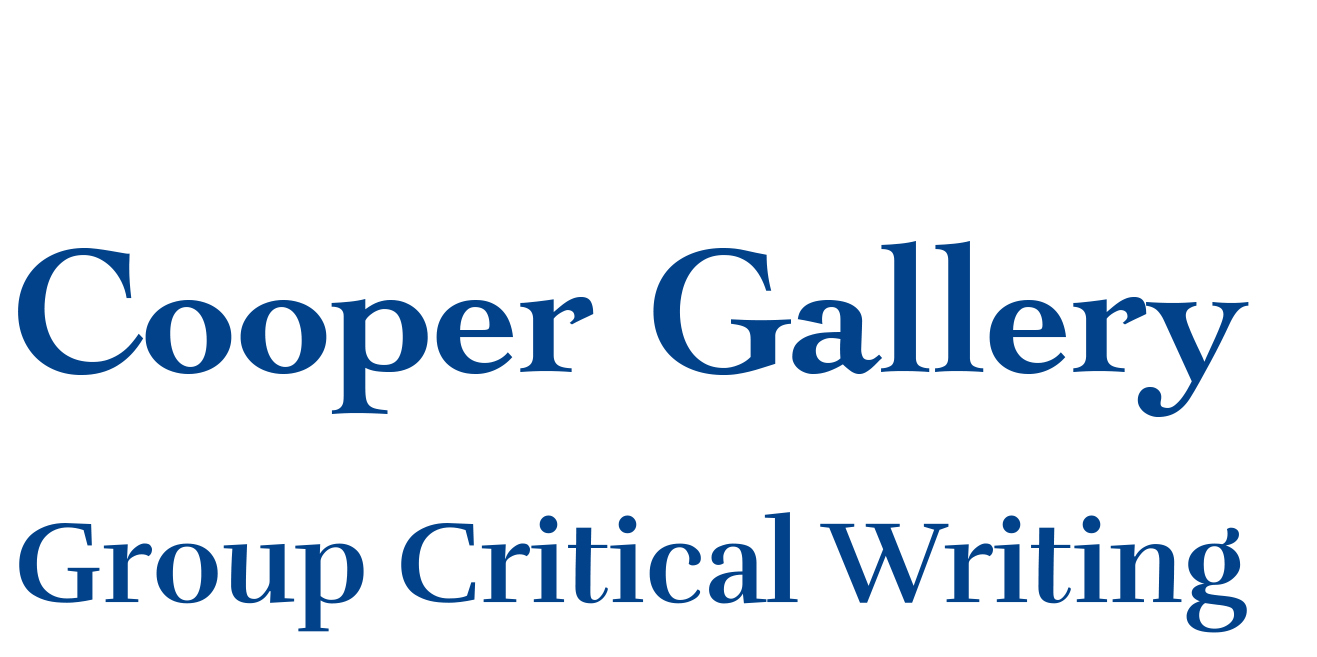Adam Gill
Invited to collaborate by Lilly Markaki
♦ Can’t Hold Us Down: Collaborative Practice and Contemporaneity ♦
The contemporary is that which evades us, notes Lilly Markaki in her piece ‘(Collaborating) Here. Right Now’. The present necessarily slips away at the very instant it seems to be in our grasp, looking back as it recedes into the past. No matter how we try to put in order our current moment, a second look inevitably reveals blind spots as we guide history’s course. The fiction of attributing coherent meaning to a singular moment is arguably one of postmodernism’s greatest criticisms in its questioning of grand narratives.
As Markaki rightfully points out, collaborative practices appear to be in dialogue with the contemporary. Through its inclusion of any number of participants, the collaboration refuses the universalising logic of an isolated, authoritative subject. Rather than the artwork (whether it be material, performance and/or immersive) serving as a confirmation of the lone artist-subject as genius, its origin is fragmented and dispersed in collaboration.
How does fragmented subjectivity relate, then, to notions of contemporaneity? It is in the subject’s experience that attempts at securing the contemporary are made. If experience is shifted from one subject to many, the very impression of a singular present is complicated and proliferated. In this light, collaborative practices are structured in such a way that they cannot claim authority over perception in time.
What should be carefully noted, however, is the way in which we formulate the particular relationship between collaborations and contemporaneity. It would be naive to propose collaborative practices as utopian loci where the instabilities of presentness are resolved. To designate the collaboration as a coherent centre in the intersection of difference would be another attempt at securing the elusive—a rearticulation of the problems we began with. Rather, perhaps what is most striking in regard to collaborative practice and the contemporary is that the former exemplifies the latter’s perpetual evasiveness.
♦ ♦ ♦
Biography
Adam Gill is a graduate student in the MLitt Art:Politics:Transgression programme at the University of Glasgow. His interests include theories of subjectivity; queer, feminist and anti-racist politics; and new media.
In response to: Lilly Markaki (Collaborating) Here. Right Now
